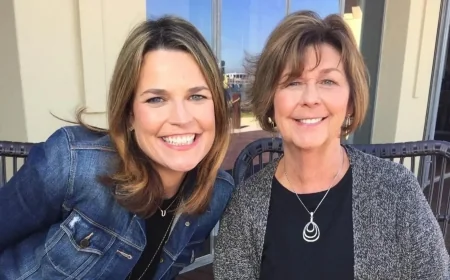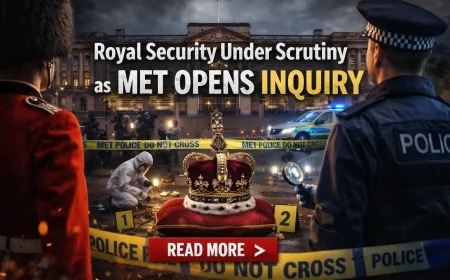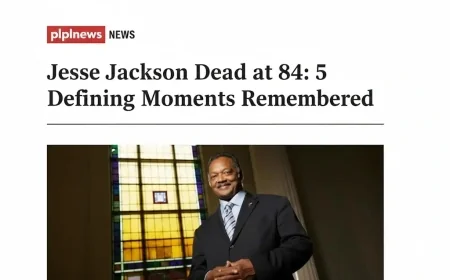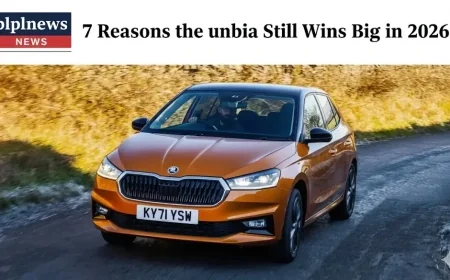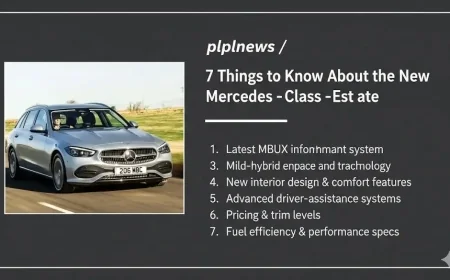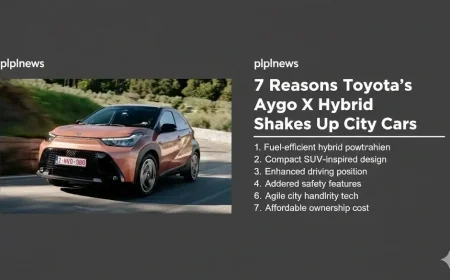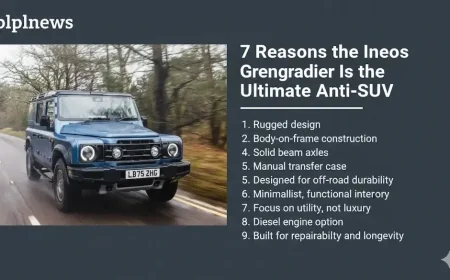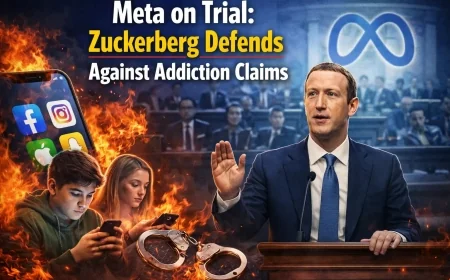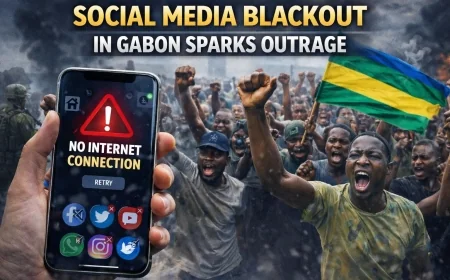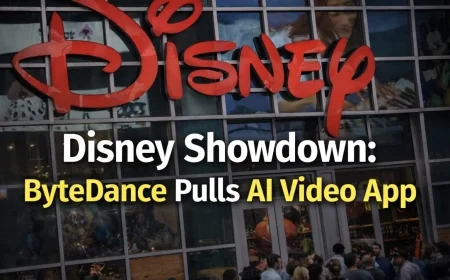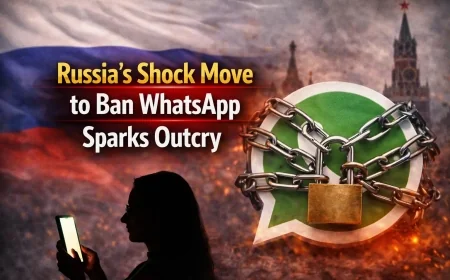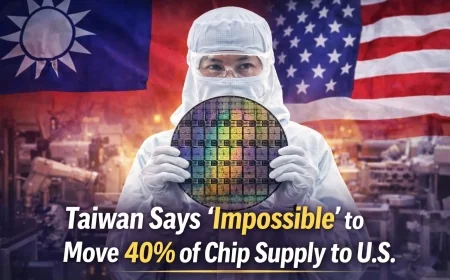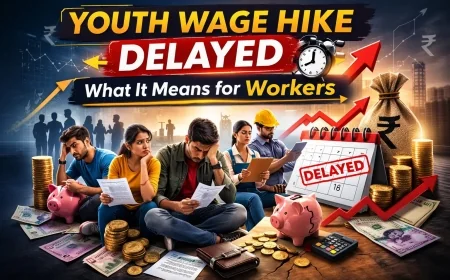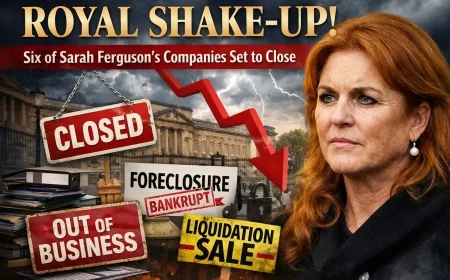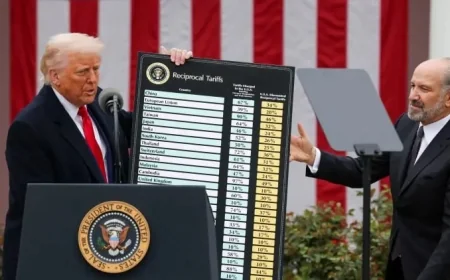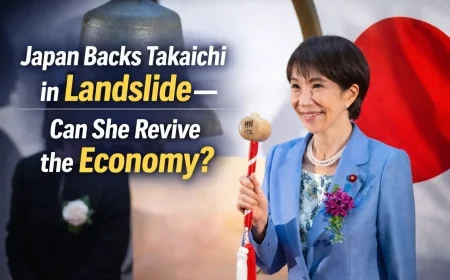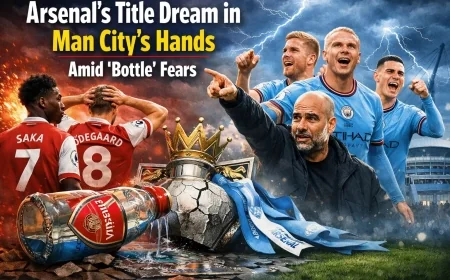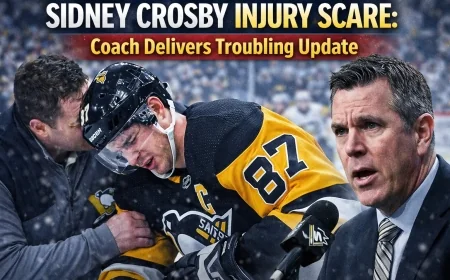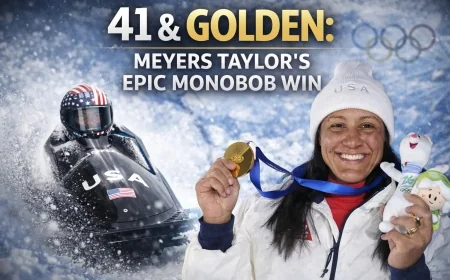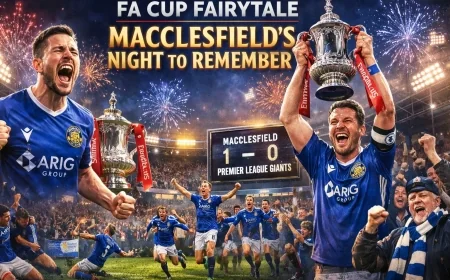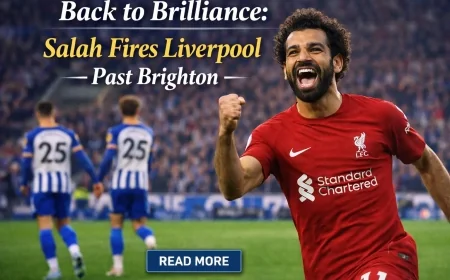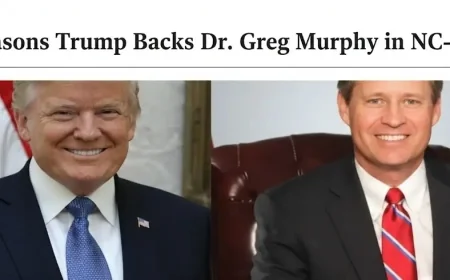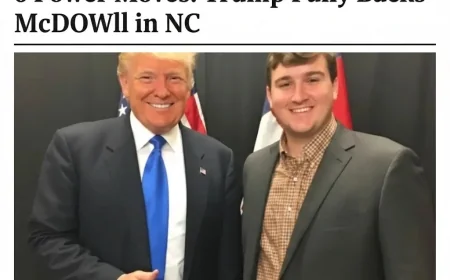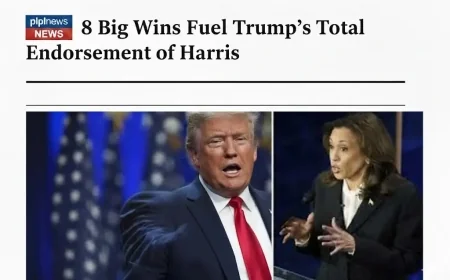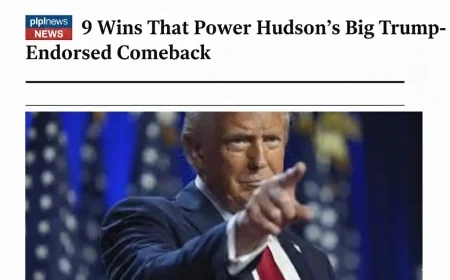Vice President Kamala Harris says she had to give
Job seekers complain about "weird jobs," five rounds of interviews, and tedious skills tests—but even top leaders aren't immune to this ordeal.
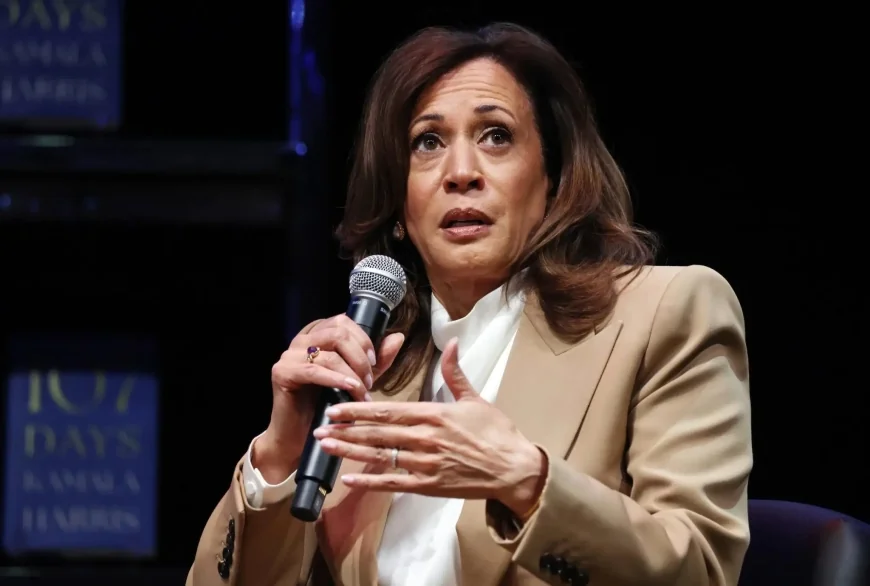
Former Vice President Kamala Harris says she had to interview for nine hours to get a job—but even after winning, she couldn't escape "gold medal depression."
Job seekers complain about "weird jobs," five rounds of interviews, and tedious skills tests—but even top leaders aren't immune to this ordeal. Google CEO Sundar Pichai faced nine interviews and a tough question before landing the position of Senior Vice President (SVP) Product Manager at the $3.4 trillion company. Similarly, former US Vice President Kamala Harris recently revealed her rigorous process for landing the coveted White House job.
"When I was being vetted for the vice presidency, I had a nine-hour interview with a lawyer, where I discussed everything. My taxes, my professional record, everything," Harris recently recalled on the Diary of a CEO podcast.
"Undoubtedly, Harris had the professional skills to handle this job." She served as San Francisco's District Attorney for two terms, California's Attorney General for six years, and the Golden State's U.S. Senator for four years. She made history in the Bay Area as the first woman elected to the position of Attorney General of San Francisco and the first female, Black, and South Asian Attorney General in the state's history. With decades of government experience, she met all the qualifications to become the 49th Vice President—but the selection process went far beyond qualifications.
Harris explained, "Like anything else, playing the role of both interviewer and interviewee really depends on mutual coordination. Because by the time the interview is over, there are usually about three people. So all the vetting has already been done."
She continued, "Then it's a matter of sitting down and making a decision, because it will be a partnership. And it has to be something where you feel you can trust someone, you can work with them, you're doing it for the same reasons."
Whenever she wins or loses, she experiences "gold medal depression."
Of course, Harris won the position. But she soon realized that victory can also bring with it a feeling of emptiness, or "gold medal depression." Major career events are followed by post-competition depression, a feeling of anxiety and emptiness that persists regardless of the outcome.
The last time she experienced this was when she faced Donald Trump in the 2024 US presidential election, with less than four months left in her campaign. The vice president had to make up for lost time, rushing across the country on campaign trips, preparing for heated debates, and energizing disheartened supporters. When she lost to President Trump, gold medal depression set in.
"It lasted for several days," Harris said, comparing the defeat to "temporary uncertainty." "I had a hard time understanding that we still couldn't do anything about it."
But this wasn't the first time she'd experienced this. She explained that even after these big events are over, the adrenaline rush from high-stakes milestones continues, and when the intensity subsides, there's a sudden feeling of emptiness—even when she wins. Just like CEOs and founders say they felt empty after achieving an IPO.
"Your body gets used to this sudden physical pause, and that's happened to me every time I've raced and won," Harris said. "Because you're operating with a very competitive nature the whole time, and it's a fight-or-flight situation, and the adrenaline just keeps rising, rising, rising."
What's Your Reaction?
 Like
0
Like
0
 Dislike
0
Dislike
0
 Love
0
Love
0
 Funny
0
Funny
0
 Angry
0
Angry
0
 Sad
0
Sad
0
 Wow
0
Wow
0
